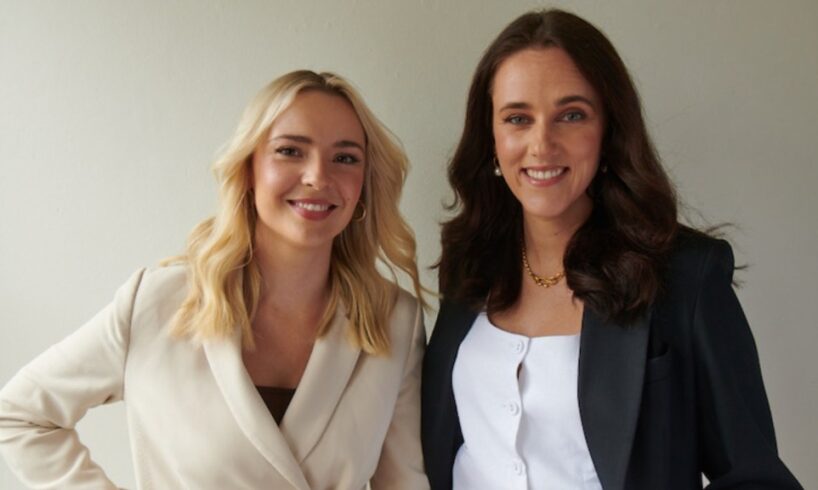
Patient care platform Human Health has raised $8.5 million as it looks to expand its global reach.
The round was led by new UK backer LocalGlobe, and supported by existing investors Airtree, Skip Capital, Aliavia and Scale Ventures, and several angel investors, including Cricket Health’s Arvind Rajan, former Kantar CEO Eric Salama and OIF’s David Shein.
Related Article Block Placeholder
Article ID: 326032
The fresh capital for the Sydney startup will be used for expanding reach in Human Health’s existing US and UK markets, deepening the platform’s intelligence in focus areas like women’s health, respiratory, pain, and autoimmune diseases, and funding Human Evidence, a platform helping researchers learn directly from patient data, which they can contribute anonymously.
Founders Kate Lambridis and Georgia Vidler met at Canva, where the former was a senior product manager and the latter head of product. In 2022, they closed the biggest seed round for an all-women-founded Australian startup, at $10.15 million.
More than 200,000 patients in the US, UK, Canada and beyond have already logged 20 million-plus health actions (now 40,000 daily) on the Human Health, which Lambridis says is the missing layer between patients and medicine — a care management platform that learns from their experiences and treatments.
Smarter business news. Straight to your inbox.
For startup founders, small businesses and leaders. Build sharper instincts and better strategy by learning from Australia’s smartest business minds. Sign up for free.
By continuing, you agree to our Terms & Conditions and Privacy Policy.
“Our mission is simple: to give everyone access to personalised healthcare. Right now, too many people are left in limbo; stuck on waiting lists, repeating their stories to different doctors, and trying to make sense of complex conditions without the right tools. Human Health is designed to change that,” she said.
“By helping patients capture their own health data, track what’s working, and share those insights with clinicians, we put them back in control of their journey.
Patients don’t have to just wait; they can act, self-advocate, and build the kind of real-world evidence that leads to faster answers and better outcomes. This will create the world’s largest observational data set on chronic disease, all powered by patient choice.”
Human Health helps patients capture their history, symptoms, and treatments; track daily routines and generate insights; detect hidden patterns; personalise focus areas such as mental health, pain and sleep; and then become a patient advocate with doctor-ready reports about their health.
Related Article Block Placeholder
Article ID: 320301
It supports patients with issues ranging from autoimmune illnesses to metabolic health.
Vidler describes the platform as the operating system for patients to understand their own health.
“We’ve designed Human Health as a true Precision Health OS, a central hub where patients can make sense of their data, patterns and progress,” she said.
“But this is just the beginning. Our goal is to put patients at the centre of medicine itself, at the centre of their own care, and at the centre of how we move medical research forward. By connecting lived experience with real-world data, we can build a healthcare system that learns from patients, not just treats them.”
The round follows a partnership with respiratory disease startup Diag-Nose.io to develop AI-powered treatment analysis announced in August.
Diag-Nose.io co-founder Eldin Rostom said healthcare must evolve towards a future where patient data connects lived experience with clinical science.
“We are excited about Human Health’s platform because it empowers patients to turn individuality into actionable insight, shaping a more human-centred future for healthcare,” he said.
LocalGlobe general partner Julia Hawkins said Human Health is building the data infrastructure to power a generational shift in healthcare.
“I understand deeply the challenges people with long-term health issues face when trying to get answers in a system built to treat, not to understand,” she said.
“We need to empower individuals to make sense of their own health data in order to enable truly personalised care.”





